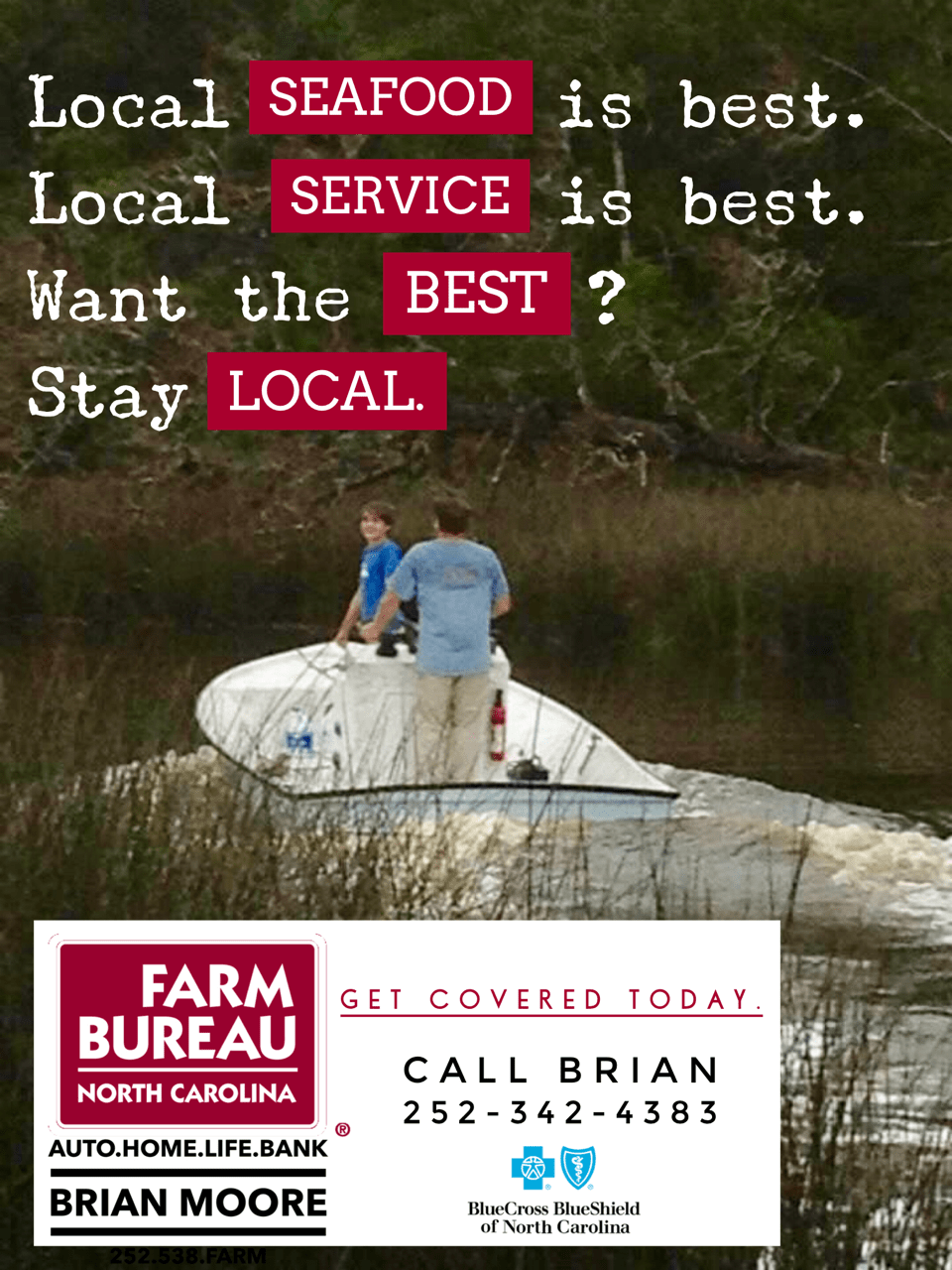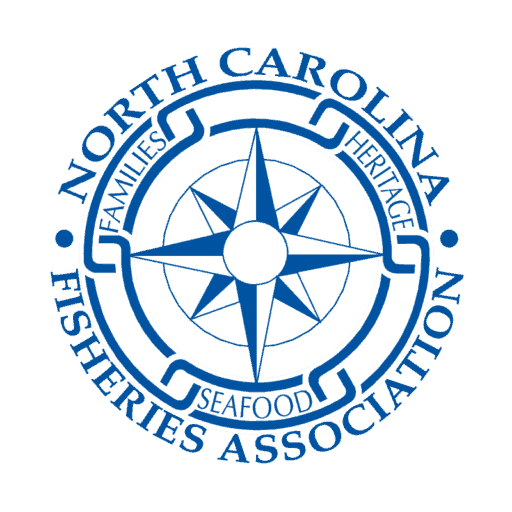|
Additional Snippets:
Spiny Lobster Study Takes You Inside a Lobster Trap
Information useful for the commercial fishery
The Florida Fish and Wildlife Research Institute lobster team placed cameras inside traps to better understand the behavior and dynamics of spiny lobster interactions inside these traps. Ultimately, the video analysis will provide information useful for management of the trap fishery. During the study, cameras caught several species known to interact with traps and the lobsters inside, including triggerfish and stone crabs. A double-crested cormorant and nurse shark poke inside, while the Spiny Lobsters remain vigilant, using their spiny antennae and group defense to avoid attacks! Watch the video available on social media.
$7.5M Grant Will Fund Study of Offshore Wind Energy’s Impacts on Sea Life
A team of scientists led by Duke University researchers will set out to determine the risk offshore wind turbines could pose to birds, fish and marine mammals with the support of a U.S. Department of Energy grant. What they learn will inform decisions about the locations of future wind farms and help identify steps that can be taken to reduce harmful impacts on wildlife as offshore wind deployment increases. Read the article from Duke Nicholas School of the Environment
Creep Into the Deep this Halloween!
In the dark of the deep ocean NOAA Remote Vehicles film creatures that could practically come from another world. The are fascinating, beautiful and mysterious. The are so bizarre to us because they’ve evolved in an environment that is completely different from ours. This Halloween, learn more about the wild marine animals that thrive in some of the darkest places on earth. Creep Into the Deep with this Ocean Science Video Collection!
Mark Your Calendar
Keep track of meetings scheduled by the Council from the website and register for meeting webinars as information becomes available. Register early and receive email reminders as the meeting date(s) approach!
October 27-29, 2021
Scientific and Statistical Committee Meeting
Webinar Registration
November 2 and 3, 2021 at 6 p.m.
Yellowtail Snapper Public Scoping Meetings
(Snapper Grouper Amendment 44)
Tuesday, November 2 – Webinar Registration
Wednesday, November 3 Webinar Registration
November 3-4, 2021
Habitat Advisory Panel Meeting
November 18-19, 2021
Outreach and Communications Advisory Panel Meeting
December 6-10, 2021
SAFMC Meeting
Beaufort, NC
|

